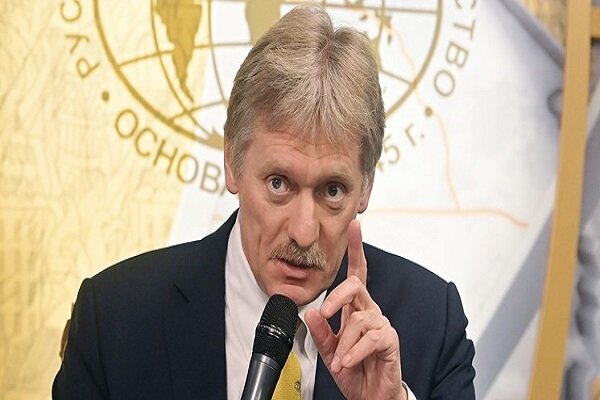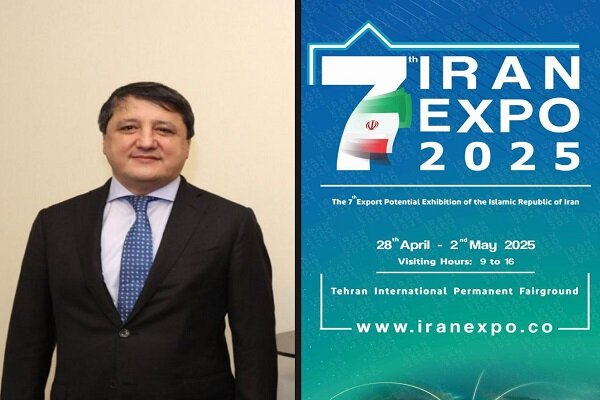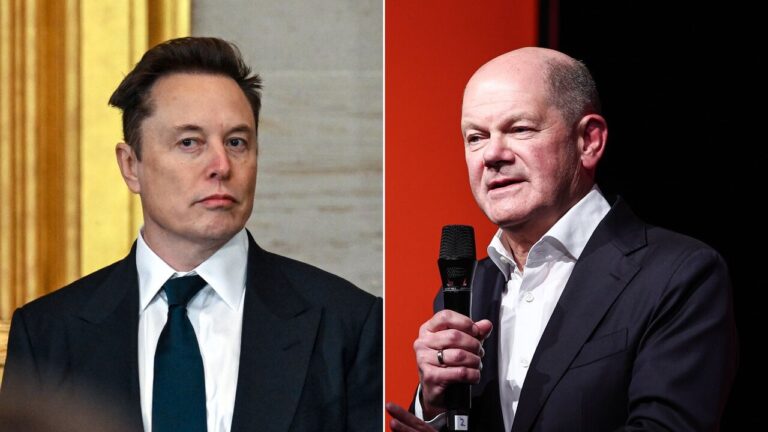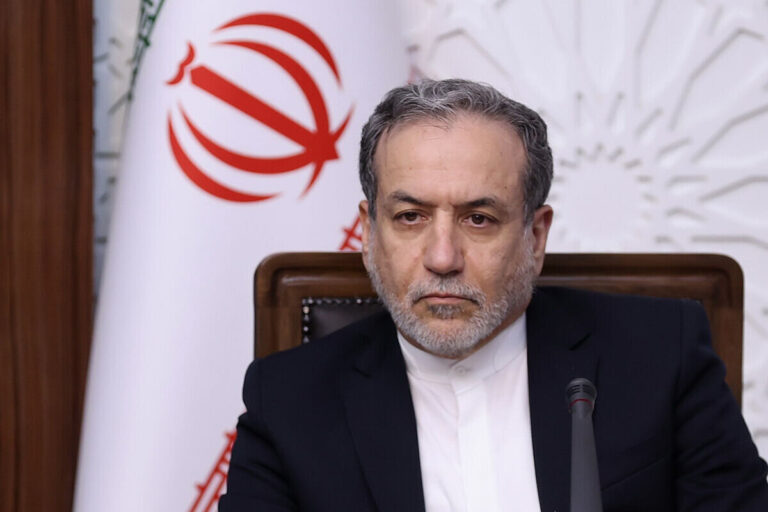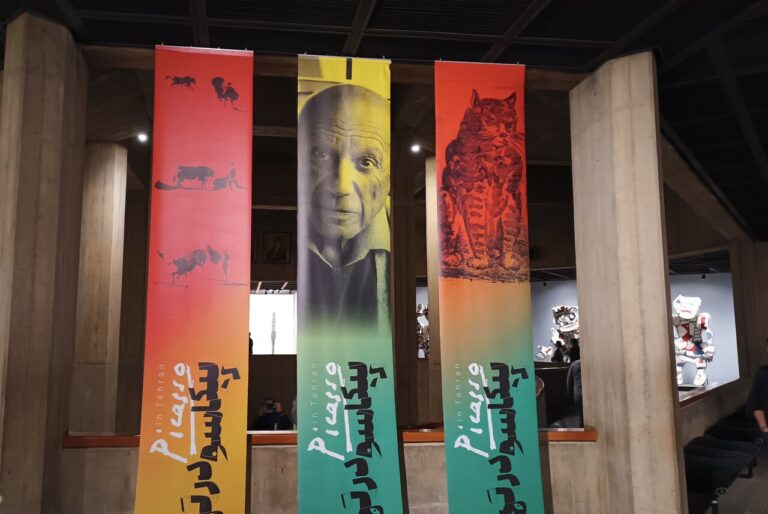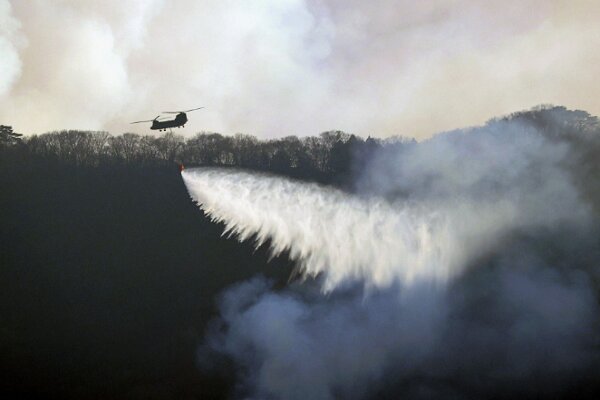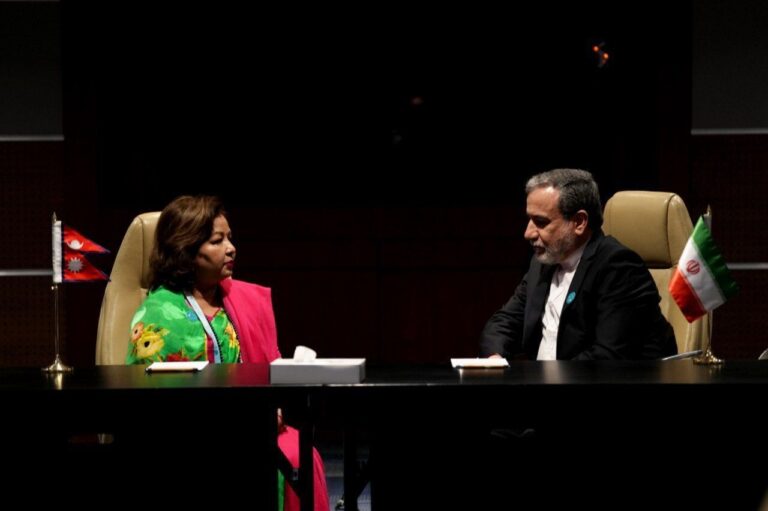Russia Advocates for Diplomatic Solutions to Iran’s Nuclear Dossier
The Iranian nuclear dossier remains a critical issue that demands resolution through peaceful means. Kremlin Spokesman Dmitry Peskov emphasized the importance of diplomatic engagement, urging all parties involved to exercise restraint. This perspective comes in the wake of escalating tensions surrounding the nuclear negotiations between the United States and Iran.
Peskov’s remarks were made during a press briefing where he addressed the recent threats issued by US President Donald Trump regarding military action against Iran. He stated, “We believe that the issue of Iran’s nuclear dossier should be resolved exclusively through political and diplomatic means. All sides should exercise absolute restraint and focus precisely on diplomatic efforts when discussing all issues.” This statement underscores Russia’s commitment to a peaceful resolution of the ongoing negotiations.
According to reports from TASS, Peskov highlighted that despite Russia’s current efforts to restore relations with the United States, Iran continues to be a key ally and partner for Moscow. He elaborated on the strong ties between the two nations, stating that they have developed multidisciplinary relations that encompass various fields.
In a recent statement, President Trump indicated a willingness to impose additional tariffs on Iran if the ongoing nuclear discussions do not yield positive results. He also threatened an unprecedented military response should Iran completely reject the proposed deal. This rhetoric has heightened anxieties regarding the potential for conflict in the region, with Iranian officials vehemently warning that any act of aggression against their country would elicit a swift and severe response.
- Diplomatic Resolution: Peskov reiterated the need for resolving the Iranian nuclear issue through diplomatic channels.
- US Military Threats: Trump’s recent comments included threats of bombing Iran if negotiations fail.
- Iran’s Response: Iranian officials have warned of a robust retaliation to any military attack.
The backdrop of these developments highlights the complexities surrounding the Iranian nuclear program, which has been a point of contention for several years. The international community watches closely as the situation unfolds, with many advocating for a peaceful resolution that respects the sovereignty of nations involved.
Experts believe that the path forward must prioritize dialogue and understanding over aggression and threats. The potential for a conflict arising from miscommunication or miscalculation remains a significant concern, particularly given the historical context of US-Iran relations.
Furthermore, the economic implications of the ongoing sanctions and tariffs imposed by the US on Iran cannot be overlooked. These measures have significant effects on the Iranian economy, exacerbating tensions and complicating the negotiation process. The potential for additional tariffs, as mentioned by President Trump, could further strain relations and diminish the prospects for a diplomatic resolution.
As the situation continues to evolve, it is crucial for all parties to engage in constructive dialogue aimed at de-escalation. The involvement of international organizations and other nations may be necessary to facilitate discussions and ensure that all voices are heard.
In conclusion, the Iranian nuclear dossier presents a multifaceted challenge that requires careful navigation through diplomatic channels. The statements made by Kremlin Spokesman Dmitry Peskov highlight the importance of restraint and political engagement in resolving this issue. As tensions remain high, it is imperative for all stakeholders to prioritize peace and stability in the region, steering clear of actions that could lead to conflict.
Ultimately, the hope is that through sustained diplomatic efforts, a resolution can be reached that satisfies all parties involved, paving the way for lasting peace and cooperation in the Middle East.
